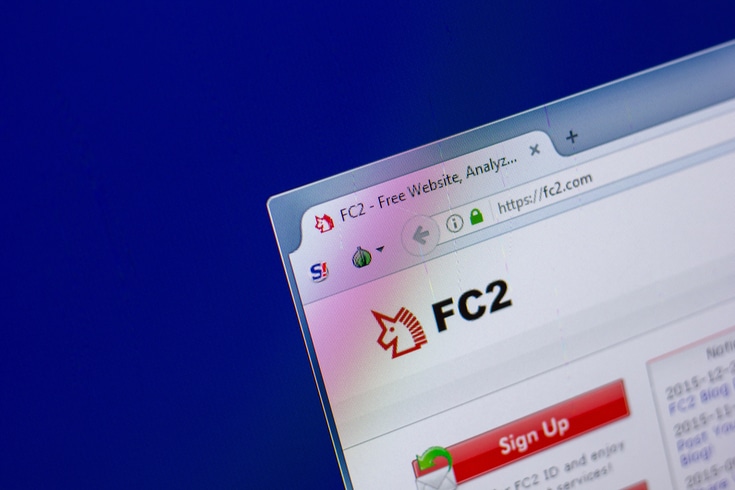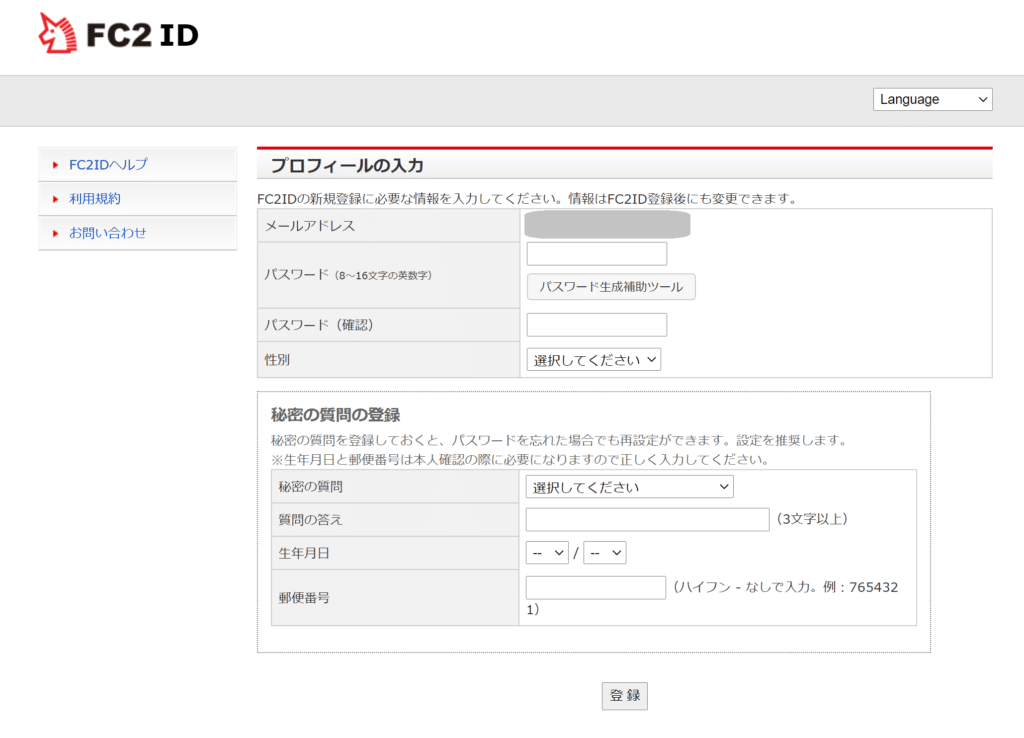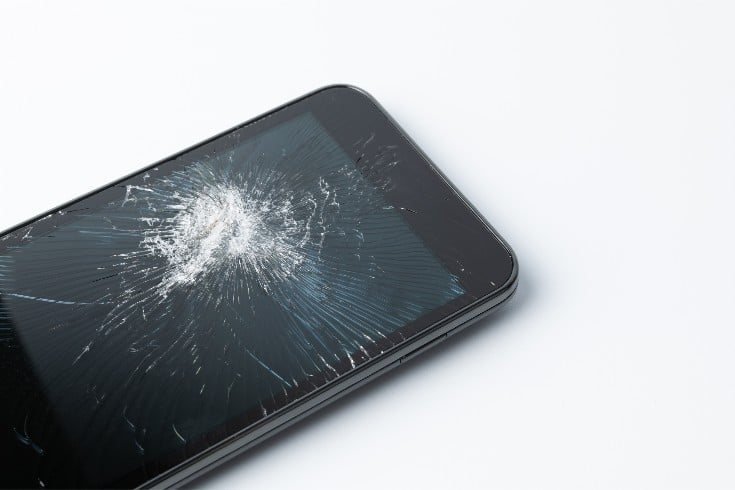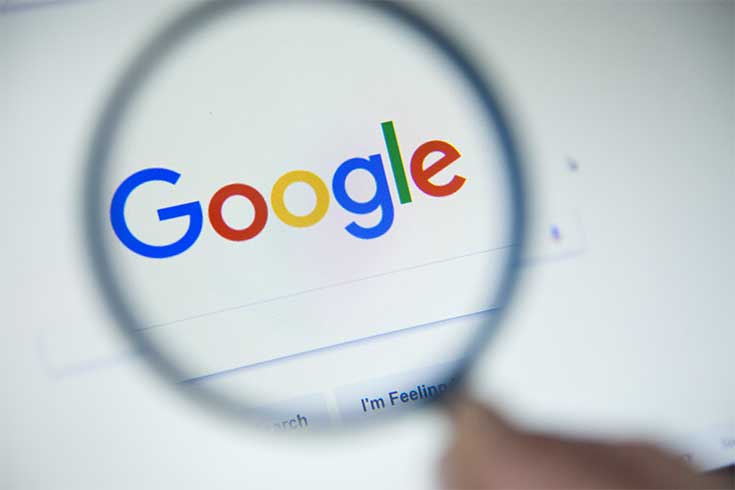Is it Possible to Disclose IP Addresses and Identify Individuals on FC2 Blog?

FC2 Blog is one of the most widely used blog services in Japan, operated by FC2, Inc. Many of you may have accessed or used it. While there is a paid plan called FC2 Blog Pro, it can basically be used for free, which often leads to the posting of malicious articles that could be considered defamation or slander.
If a malicious article is posted on FC2 Blog, is it possible to identify the individual by disclosing the poster’s IP address? In this article, we will explain how to identify the poster of a malicious article posted on FC2 Blog.
About FC2 Blog
FC2 Blog hosts a wide range of genres, including politics, economics, sports, and travel, with many people writing blog articles. It also allows for the placement of affiliate advertisements, so there are people who write affiliate blogs on FC2 Blog. In addition, there is a feature called “Bro-tomo,” which enables interaction among FC2 Blog users. FC2 Blog also has an app, allowing for quick blog updates from smartphones like the iPhone.
Examples of Defamatory Posts on FC2 Blog
On FC2 Blog, anyone can create a blog and post articles. Therefore, there are cases where malicious blog posts that can cause reputational damage are posted. What kind of examples are there for malicious articles posted on FC2 Blog?
- “The manager A of the △△ department of ○○ Corporation is a power harassment jerk. Ugly and disgusting.”
- “There was a bug in the □□ hamburger, and even though I complained, there was no refund and the response was terrible.”
The articles mentioned above can be reported through the FC2 Blog’s “Inappropriate Site Report/Objection Form”. By filling in the necessary information (name, address, email address, details of the damage and the content of the objection, specific areas for which deletion is requested, etc.) and submitting it, if it is judged to violate the prohibited matters of the FC2 Terms of Use (quoted below), there is a possibility that measures such as deletion of the page can be taken. Also, the relevant parts and the reason for requesting deletion are forwarded to the site administrator, so the site administrator may also delete the article or the relevant parts.
Acts that infringe on the credit or reputation of other users or third parties, or infringe on the privacy rights, portrait rights, or any other rights of others
FC2 Terms of Use Article 4 Prohibited Matters 1 (excerpt)
However, even if you report an inappropriate site or file an objection, if FC2, Inc. decides that it is not necessary to delete the article, there may be cases where it is not deleted. In such cases, or if the damage caused by the article is very large, consider taking steps to identify the poster.
What is the Procedure for Identifying a Poster?

How is the procedure for identifying a poster on FC2 Blog carried out? Below, we outline the general process.
- Request for IP address disclosure
- Order or notification to prohibit log deletion
- Request for disclosure of name and address
- Claim for damages against the poster
We will explain each of these steps in more detail.
Request for Disclosure of IP Address
The first step in identifying a poster is to request the disclosure of their IP address.
What is an IP Address?
An IP address is an identifier assigned to devices (such as PCs and smartphones) connected to a network, consisting of four sets of numbers separated by periods. It’s akin to an address or phone number on the internet. From this IP address, it is possible to determine the location of the originating computer.
When registering a new account and setting up a blog on FC2 Blog, the only personal information required is an email address. When you enter your email address during registration, a URL for final registration is sent to you. When you open the URL, the screen shown in the image below is displayed, and you register your date of birth and postal code as secret questions to be used in case you forget your password. However, no documents proving your date of birth or postal code are required.

Therefore, it is highly likely that the operators of FC2 Blog only have access to the user’s email address as personal information. Moreover, even if the email address is known, it is believed that the poster of the article cannot be identified by the email address alone. Therefore, it is necessary to request the disclosure of the IP address.
Time Required for IP Address Disclosure Request
The request for disclosure of an IP address is made through the courts. It is not a formal trial, but can be done by provisional disposition. Trials often take a long time, and it is not uncommon for them to take more than a year, but provisional dispositions often finish much quicker, usually within 1-2 months.
The average attorney’s fee for this process, according to information on the internet, is:
A retainer fee of about 300,000 yen, and a contingency fee of about 300,000 yen
https://monolith.law/reputation/reputation-lawyers-fee[ja]
In this procedure, it is possible to request both the disclosure and deletion of the IP address at the same time. The above costs are for both procedures. However, the cost will naturally vary depending on the content and volume of the post in question.
If you believe that a malicious blog post on FC2 Blog is in violation of the terms of service, you may be able to have it removed by reporting it as an inappropriate site or filing an objection. However, if the malicious post is not removed even after reporting it as an inappropriate site or filing an objection, you should consider requesting the disclosure of the IP address. For more information on how to deal with reputational damage caused by defamation on FC2 Blog, please refer to the following article.
https://monolith.law/reputation/reputational-damage-countermeasures-of-fc2[ja]
Conditions Required for an Order to Disclose an IP Address
If a report is made from the FC2 Blog’s inappropriate site report/objection form, it is stated that the report will be checked against the terms of service and actions such as deletion may be taken. In this case, it is only necessary for the operator to decide that the article needs to be deleted, and it does not necessarily mean that the article in question is illegal.
On the other hand, in order for an order to disclose an IP address to be issued, the following two requirements are necessary:
- A legal claim demonstrating the illegality of the post
- Evidence to prove the above
It is necessary to legally claim the illegality of the blog post and provide evidence to prove its illegality. Furthermore, since FC2, Inc., which operates FC2 Blog, is a U.S. corporation based in Las Vegas, Nevada, it is necessary to translate necessary documents and some evidence into English. Our firm has successfully filed for provisional dispositions and achieved the deletion of posts and the disclosure of IP addresses on bulletin board sites operated on servers managed by FC2, Inc. For more details, please refer to the following article.
https://monolith.law/reputation/delation-of-fc2posts[ja]
Prohibition or Notice of Log Deletion
If a court issues an order to disclose an IP address, obtaining the poster’s IP address allows you to identify the provider used when the article was posted. Providers keep logs (records of computer usage, etc.) of those using that IP address. However, logs are not stored indefinitely, especially in the case of mobile lines, where they are deleted after about three months. Once the logs are gone, it becomes impossible to verify the poster’s records. To prevent this, it is necessary to obtain a prohibition order from the provider not to delete the logs. This prohibition order against log deletion requires a separate legal procedure.
However, if you notify the provider with a message such as, “We are about to request the disclosure of the name and address, so please keep the logs until the order is issued,” they may refrain from deleting the logs without having to go through a legal procedure. Therefore, it may be worth considering issuing a notice rather than immediately initiating legal proceedings. Even if you decide to issue a notice, you will need to legally assert and prove the illegality of the post. As legal expertise is required, it is advisable to consult with a lawyer who is familiar with the procedure.
Request for Disclosure of Name and Address

After issuing a notice to save the logs, we will proceed with the procedure to request the disclosure of the poster’s name and address from the provider. Unlike the request for disclosure of the IP address, it is not possible to request the disclosure of the name and address through a provisional disposition. It is necessary to go through a formal court procedure.
For example, even if an article stating “There was a medical error at Hospital A, and I am suffering from aftereffects, but the director is trying to cover it up” is posted on the FC2 blog, if there is solid evidence and basis for the article, and it is considered to be in the public interest for this information to circulate, it can be said that the poster’s name and address should not be disclosed. The name and address are particularly important pieces of personal information, and it is not possible to disclose them without a legitimate reason. The court will carefully deliberate and will only issue an order to disclose the name and address if it recognizes the illegality of the post.
Claims for Damages Against the Poster
If a request for disclosure of the name and address is granted, the name and address of the subscriber of the internet line used at the time of posting the article will be disclosed. Once the name and address are identified, you can claim for attorney’s fees incurred in the process of identifying the poster and for damages such as consolation money.
If you make a claim for damages and the compensation is properly paid and applied to the attorney’s fees, the victim will not have to bear any costs. However, there is a risk that the poster may not be identified, or even if the poster is successfully identified, the compensation may not cover the attorney’s fees, so caution is required.
Also, since FC2, Inc. is a U.S. corporation, it is expected that the attorney’s fees will be about 200,000 yen higher compared to cases involving Japanese corporations. This is because it is necessary to translate necessary documents into English and obtain registration of a U.S. corporation. For more detailed explanations on the limitations and disadvantages of requesting the disclosure of IP addresses, please refer to the article below.
https://monolith.law/reputation/disclosure-of-ipaddress[ja]
Summary
FC2 Blog is a blogging service used and viewed by many people. Since anyone can create a blog and post articles, there are instances where malicious articles that could be considered defamation or slander are posted. In cases where such articles are posted, multiple legal procedures are required to identify the poster.
If the poster can be identified, a claim for damages can be made. However, even if the damages are paid, the victim may still be left with financial burdens due to attorney fees and insufficient damage amounts. The process of identifying the poster is a difficult procedure that requires advanced expertise. If you are troubled by malicious articles posted on FC2 Blog, it is recommended to consult with a lawyer who is knowledgeable about Internet defamation measures as soon as possible.
Category: Internet





















